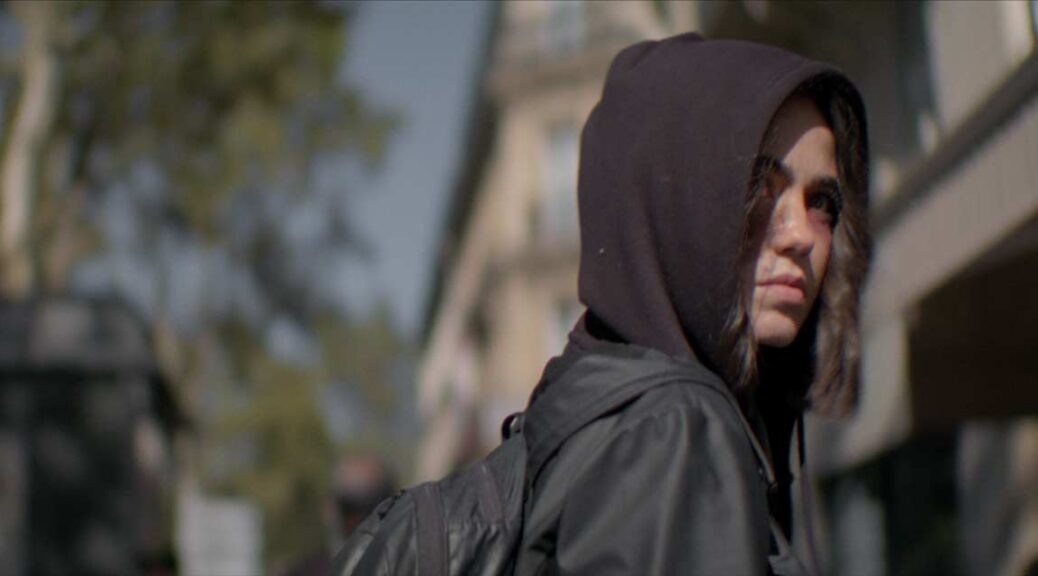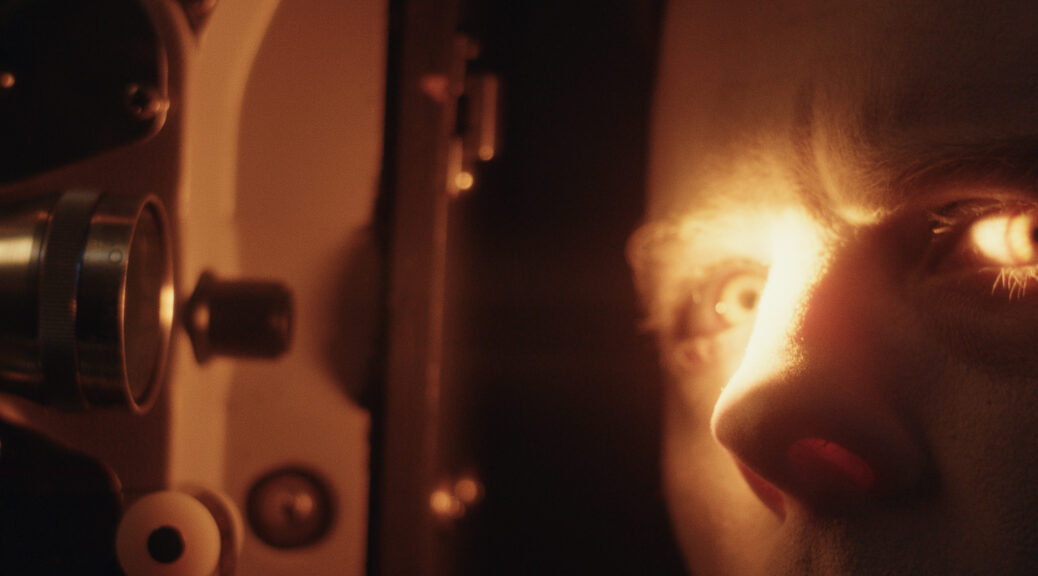Influencers
by George Wolf
If you saw Influencer three years ago, no doubt you noticed that little smile from CW (Cassandra Naud) in the final shot. If, like me, you were hoping that meant she’d find a way to stir up more social media mischief, it’s a merry Christmas for both of us.
CW has quieted down a bit since we left her on that island, settling down enough with girlfriend Diane (Lisa Delamar) to let her guard down and actually pose for photos. But an encounter with a travel influencer (Georgina Campbell) lures CW back to her old ways, and it isn’t long before she has more bloody tracks to cover.
Again, writer/director Kurtis David Harder has good instincts for knowing what questions we’re asking as this world wide web gets more tangled, and for keeping the beats relevant to the changing landscape of social media.
The introduction of toxic bro blogger Jacob (Jonathan Whitesell) feels right on time, as does the re-introduction of Madison (Emily Tennant), who now has even more scores to settle with old frenemy CW.
Naud gives another terrific performance, as CW remains a smart, slippery and ever intriguing mystery girl. Dancing in and around more gorgeously framed locales, CW makes it fun to try and guess what she’ll do next. What’s even more fun? The fact that we’re not prepared for just how batshit things get in act three.
Harder’s observational nature about social media never feels like finger-wagging, and the continually rising stakes of mystery, mayhem and fun land Influencers as another lethal blast of engagement.
Smash those like and follow buttons!













